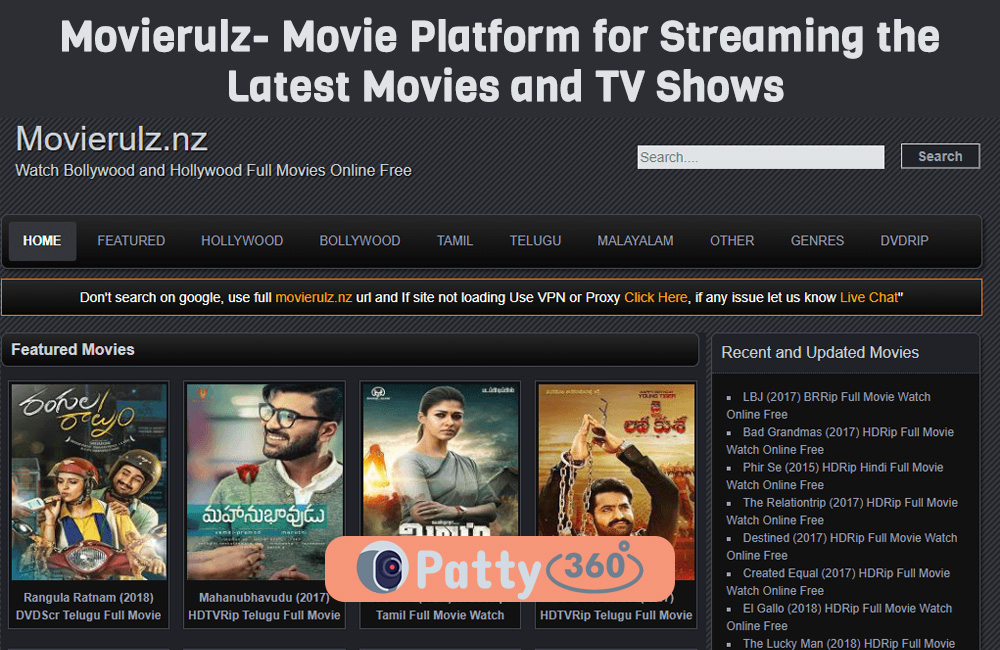Google Discover: Analyzing "Movierulz" Search & Content Issues
Why does the digital realm feel so vast, yet so often leave us searching in vain? The reality is, the internet, despite its promises, frequently disappoints when it comes to delivering precisely what we seek, leaving users to navigate a landscape riddled with dead ends and frustration. This is a common experience, a shared digital echo of the phrase "We did not find results for:".
This persistent lack of fulfillment underscores a fundamental tension within the online world. We are promised access to limitless information, entertainment, and connection, yet the mechanics of search often betray these promises. The user, typing in a query, is met with the cold shoulder of a system that fails to interpret intent, understand nuance, or even navigate the basic parameters of spelling and grammar. The digital world, designed to connect, too often isolates, leaving individuals to endlessly "Check spelling or type a new query."
This phenomenon is particularly poignant in the realm of niche content, where the digital infrastructure struggles to keep pace with the diversity of human interest. Websites that once promised rich content now often exist in a state of incompleteness. The user arrives seeking knowledge, a trailer, a review, only to be met with a void. This disappointment is not simply a technical glitch, but a symptom of the inherent limitations of even the most advanced search algorithms. The digital world, in its vastness, sometimes forgets to cater to the specific needs of individuals. The users journey becomes one of constantly rephrasing, readjusting, and re-evaluating search terms, often with little to show for their efforts.
The situation is further compounded by the increasing prevalence of sites that do not reveal their full offerings to users. This is seen in the cryptic description: "We would like to show you a description here but the site wont allow us." Information, held back for reasons unknown, creates an added layer of complexity. Instead of providing what a user is looking for, the website hides its actual content. This lack of transparency and obstruction further complicates the information retrieval process, which adds to the frustration of the digital journey.
The digital landscape is a vibrant mix of information and misdirection. However, certain content providers attempt to satisfy user demand. Let's, for example, consider the world of online entertainment; often, this is represented by sites like "3 movierulz," which aim to bring the latest in Hollywood and other movie news. These types of sites also extend beyond simple information; they are frequently repositories for trailers and reviews. The intention is to be a one-stop shop for users who desire entertainment, offering a range of content meant to capture attention, and increase engagement. Many of these sites emphasize speedy release and user-friendliness, making their services accessible through various devices. In particular, the accessibility and availability of content on smartphones, tablets, and PCs has increased the ease of entertainment.
The drive towards mobile and on-demand viewing indicates an evolution in the way users consume entertainment. The availability of a vast library of movies and tv shows on devices creates a tailored environment, as users are able to choose whatever they want, whenever they want. The convenience of accessing high-quality content at the smallest file sizes enhances the user experience. Further, the promise of releases of movies of the future such as "Enjoy watching new telugu movies release of 2025.experience the latest and new south indian movies on your mobile device.", is testament to continuous developments in technology and content distribution.
However, the landscape is not without its challenges. The ease of access to content sometimes brings other issues, like unauthorized distribution. These are issues that the providers must handle as they balance the delivery of content with the need for security and respect for creative rights. Maintaining quality and navigating legal issues are paramount to these companies, which operate in an ever-changing industry. However, what stays constant is the user's desire to find what they're looking for and the need for providers to deliver that content efficiently.
The constant quest for movies and associated information leads people back to the original frustrations: the searches that yield nothing. The repetition of that familiar phrase, "We did not find results for:" creates a shared experience of digital frustration. The user's journey turns into a cycle, where they have to constantly adjust their search queries. The hope is that, one day, the digital realm will become more aligned with the user's needs, creating a better experience for every single search.
The internet, while amazing in its potential, is constantly evolving, which causes both challenges and opportunities. While advancements continue, the core issue of providing users with what they need when they search will always be important, with search engines and content providers continually working towards more reliable and useful results.


